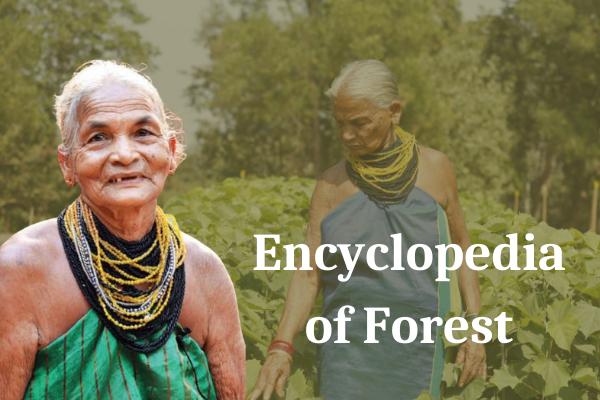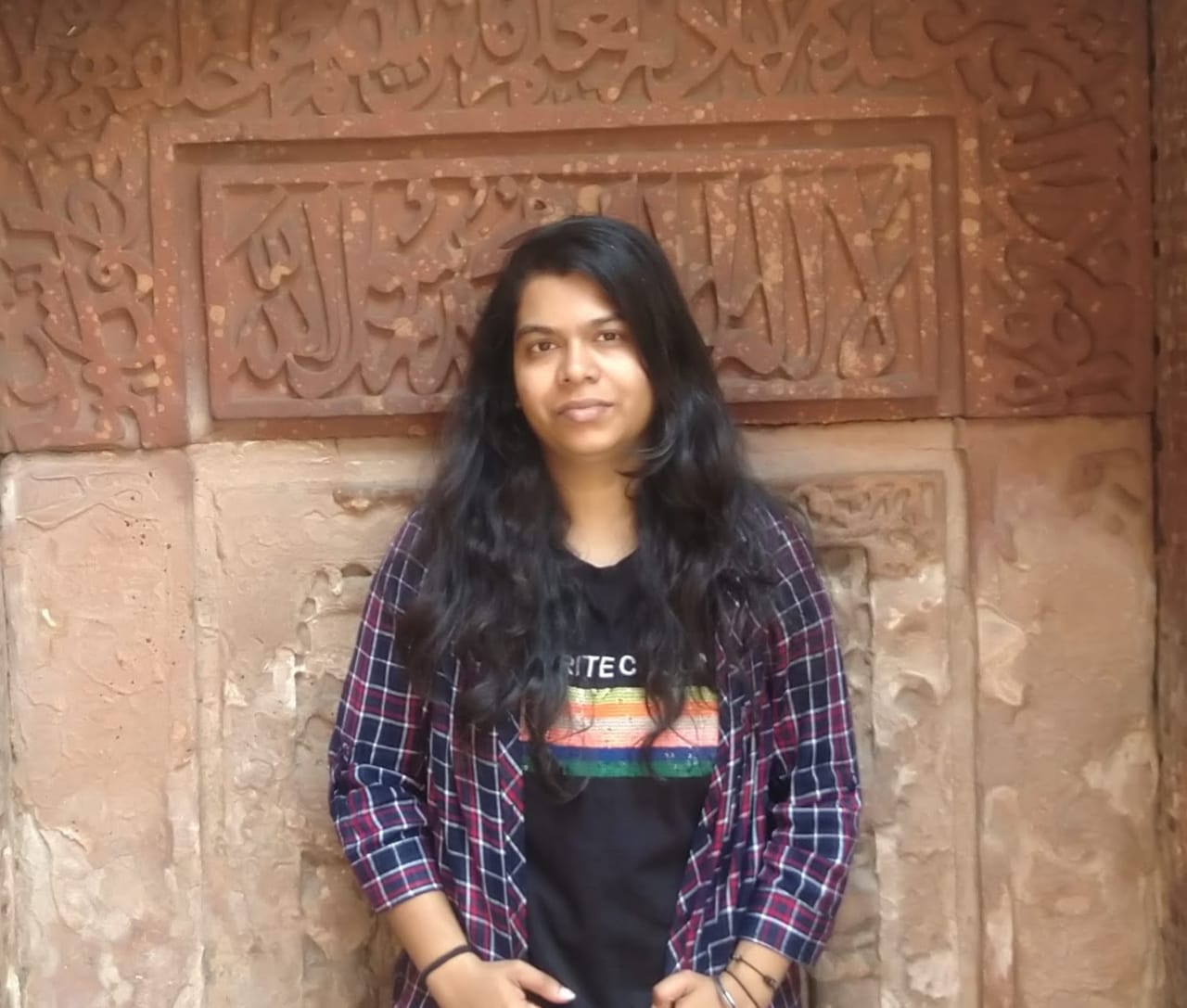The real environmentalist : Story of Vruksh Devi Tulsi Gowda
Tulsi Gowda is known by environmentalists as the "encyclopedia of the forest" and by her tribe as the "tree goddess" because of her extensive knowledge of the forest and all of the plants that grow within it.
Total Views |
Proving to the so-called society that your clothes and looks don't define who you are, but it is your work that defines you, the Environmentalist, the ‘Encyclopedia of Forest", the tree goddess Tulsi Gowda, who received the greeting from Prime Minister Narendra Modi, won the hearts of the nation as she received India’s highest civilian award, the Padma Shri, barefooted, clad in traditional Halakki community attire with black beads and coral adorning her neck.

She was presented with the award for her contribution to the protection of the environment. Photos of Gowda receiving the award barefoot at the Rashtrapati Bhavan’s Durbar hall have garnered heartfelt reactions. Tulsi Gowda is known by environmentalists as the "encyclopedia of the forest" and by her tribe as the "tree goddess" because of her extensive knowledge of the forest and all of the plants that grow within it. She is renowned for her ability to identify the mother tree of any species of tree in the forest.
Although she never goes to school or attends any botany classes, she has an enormous knowledge of nearly every tree species in her forests, like any other botanist, or more than a plant specialist. She knows every little detail of any plant and can even recognise its condition with a simple touch. She knew the timing of its flowering, germination, and the best time to collect seeds from the mother tree of a plant. Her understanding of the language of the forest and the trees is fascinating. She gained this knowledge while working with her mother at a local nursery in Karnataka since the age of 12.
Hailing from the Halakki indigenous tribe in Karnataka, Gowda comes from a poor family. After losing her father at an early age, Gowda began assisting her mother in intending to plant her rural tribal community in the Honnalli village. Later she gets married before her teens and joined the forest department as a temporary volunteer. After working for a few years, she then took charge of work at the nursery and with the state department’s afforestation programs. She was later recognised for her efforts and offered a permanent position with the forest department. She retired after 15 years of work. During this time she made invaluable contributions to the forest department’s afforestation efforts with her traditional knowledge of the land. She has helped the forest department preserve important native plant species of the western ghats.
The journey, which started while working with her mother, is still going on. Even after retiring, she continues her efforts to revive forest cover by planting native trees. She spent a significant part of her life protecting the forest cover and continues to do so today. Her spirit is unstoppable. In her 80 years of life, she has been involved in her environmental work for over six decades, and during that period she has planted more than 30,000 saplings. Tulsi is estimated to have planted in the range of one lakh (100,000) trees in Karnataka on her own. Tulsi Gowda is also a master of seed collecting. Gowda has planted and identified over 300 medicinal plants that have since been used to treat ailments within their village.
"I’ve planted more than 30,000 trees so far. I wish to plant more. Trees help to improve and maintain the quality of water, soil, and air, and to remove pollutants from the air. Trees enrich people’s lives and beautify landscapes. We need to grow more trees since we destroy hundreds of them every day for development activities, " said Tulasi.
She won the Indira Priyadarshini Vrukshamitra Award in 1986 and the Kannada Rajyotsava Award in 1999.
In the world of propaganda where so-called activists like Greta Thug berg who does everything under the watchful eyes of cameras, She is such a true activist who works silently letting their work speak. She is indeed a living example of the extraordinary people who make India an extraordinary country. She is a classic example of the fact that utilising indigenous peoples’ knowledge and management skills of natural resources will go a long way in protecting biodiversity and combating climate change.
.
.
